Speakers

Professor Daniel Eisenberg
University of California, Los Angeles
Keynote: Thursday 14th September
Using Data and Evidence to Improve Student Mental Health: The Experience of the Healthy Minds Network in the United States
This presentation will describe the experience of the Healthy Minds Network in using data and evidence to inform population-level efforts to support student mental health in the U.S. Institutions of higher education in the U.S.A have used the Healthy Minds Survey data since 2005 to identify needs and assess progress. In a more recent initiative led by the Healthy Minds Network, we are developing a repository of evidence regarding the effectiveness of public health approaches to student mental health.
Daniel Eisenberg is a Professor of Health Policy and Management in the Fielding School of Public Health at the University of California, Los Angeles. His previous position was S.J. Axelrod Collegiate Professor of Health Management and Policy at the University of Michigan. His training is in economics (BA and PhD, Stanford University) and mental health services research (NIMH postdoc, UC Berkeley). His broad research goal is to improve understanding of how to invest effectively in the mental health of young people. He is a Principal Investigator for the Healthy Minds Network (HMN) for Research on Adolescent and Young Adult Mental Health (www.healthymindsnetwork.org). This research network administers the Healthy Minds Study, a national survey study of student mental health and related factors, and facilitates the development, testing, and dissemination of innovative programs and interventions for student mental health. In collaboration with Ramesh Raghavan, he is currently completing a book about investments in children’s mental health, which will be published by Oxford University Press later in 2023.

Professor Gigi Foster
UNSW, Sydney
Keynote: Friday 15th September
The future of the Australian university workforce: Good, bad, or ugly?
Where is the university sector headed in the world and in Australia? Is the Australian higher education workforce equipped for the radical changes needed to restore our universities’ focus on their core social mission? What governance institutions and internal structures affecting academic and professional employees will promote positive change, and what dynamics are holding our workforce back from evolving towards a higher-quality, more efficient, and more enjoyable future?
Gigi Foster is a Professor with the School of Economics at the University of New South Wales, having joined UNSW in 2009 after six years at the University of South Australia. Formally educated at Yale University (BA in Ethics, Politics, and Economics) and the University of Maryland (PhD in Economics), she works in diverse fields including education, social influence, corruption, lab experiments, time use, behavioural economics, and Australian policy.
With sessions featuring
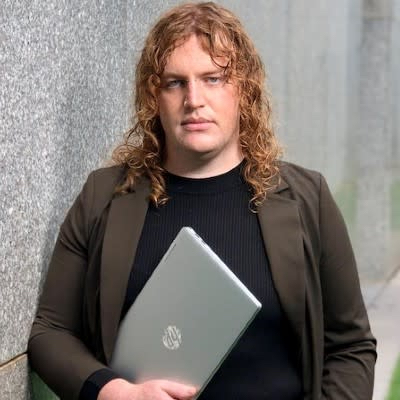
Bailey Riley
Elected as President of The National Union of Students for 2023, Bailey has been a staunch advocate for students in tertiary education. Bailey began tertiary education at TAFE Ultimo before being accepted into a Bachelor of Communications at the University of Technology Sydney. Bailey has always been an active part of the student community fighting for progressive change. As NUS President, Bailey believes that everyone in Australia deserves an education that values them, treats them with respect and is accessible to all. Students need a higher education system that puts their experience at the forefront of any changes and enables them to succeed at the highest level.

Anique Owen
Anique Owen manages the Office of the Victorian Information Commissioner’s Privacy Guidance and Dispute Resolution team which involves overseeing the conciliation of privacy complaints, advising VPS organisations when responding to data breaches; and providing guidance to assist VPS agencies and Victorians understand their privacy obligations and rights, respectively. Prior to commencing at OVIC, Anique worked for the Legislative Council at the Parliament of Victoria and has experience in legislative reform and investigations.

Dr Helen Gniel
Dr Gniel joined TEQSA to establish the Higher Education Integrity Unit in January of 2021. Dr Gniel's current areas of focus include the impact of generative artificial intelligence, the governance of transnational education, and disrupting the commercial contract cheating industry.
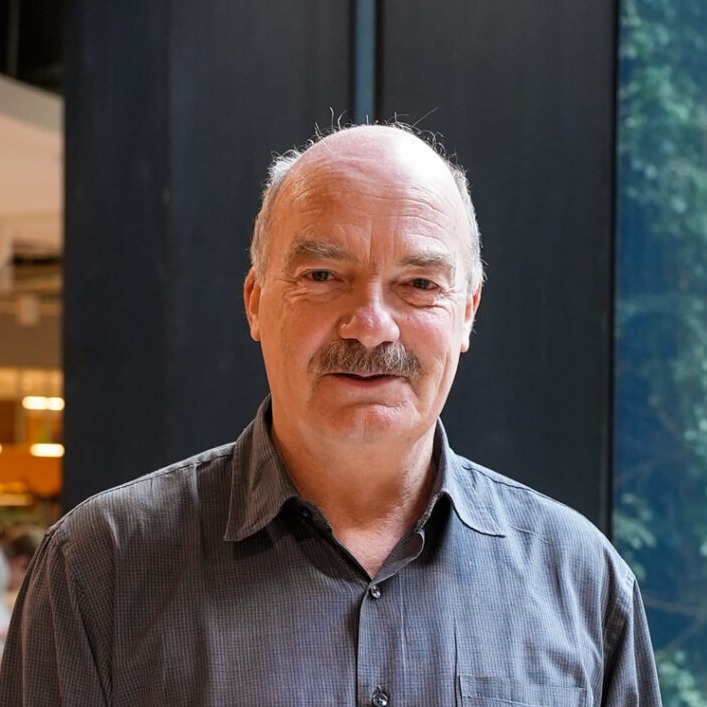
Prof Eduard Hovy
Eduard Hovy is the Executive Director of Melbourne Connect. Born in South Africa, Professor Hovy completed a Ph.D. in Computer Science (Artificial Intelligence) at Yale University in 1987 and was awarded honorary doctorates from the National Distance Education University (UNED) in Madrid in 2013 and the University of Antwerp in 2015.
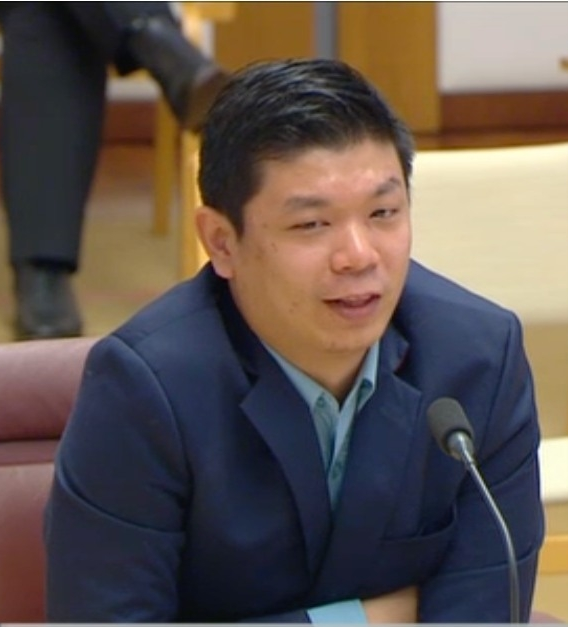
Errol Phuah
Errol's work is in the field of bioengineering, specialising in aerosol jet printing technology for bioprinting applications. Outside of his research discipline, he advocates for the philosophical component (the Ph in PhD) of a doctorate degree remains relevant to contemporary society; believing it should be a journey that changes how we think and how we view the world. It should be more than a means to furthering employment opportunities.

Prof Phillip Dawson
Professor Phillip (Phill) Dawson is the Co-Director of the Centre for Research in Assessment and Digital Learning (CRADLE) at Deakin University. His research focuses on how address the many perceived ‘threats’ to assessment validity in a digital world. These threats span the use of artificial intelligence for cognitive offloading, the (in)security of online exams, assessment that is not inclusive, and beyond.

Prof Sue Gregory
Professor Sue Gregory is an experienced academic leader and educator specialising in technology-enhanced teaching, learning, and research. Her areas of focus include leadership, mentorship, virtual world education, chatbots in education, and research design. With a career spanning more than three decades in these domains, Professor Gregory has a proven track record of developing strategic initiatives, aligning resources, and fostering relationships that drive progress and innovation in the educational sector.

Prof Peter Gahan
Peter Gahan is the Associate Dean (Teaching and Learning) in the Faculty of Business and Economics at the University of Melbourne and Professor of Management. Professor Gahan has also worked as a senior public servant and undertaken commissioned research for state and commonwealth governments on areas related to employment relations, regulatory arrangements to support workplace innovation, and the consequence of various regulatory labour market reforms.
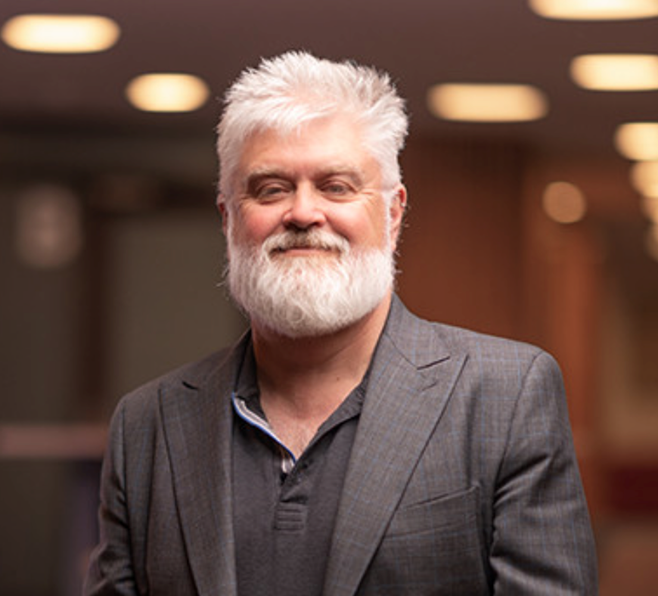
Prof Ian Anderson AO
Ian is a palawa man, currently living in lutruwita (Tasmania) and is the Deputy Vice-Chancellor (Academic) at the University of Tasmania. Ian has a distinguished career in academia and leadership in Melbourne, with a longstanding passion for Indigenous issues and rights. His expertise has had a major influence in Indigenous health policy at Australia’s highest level of government.
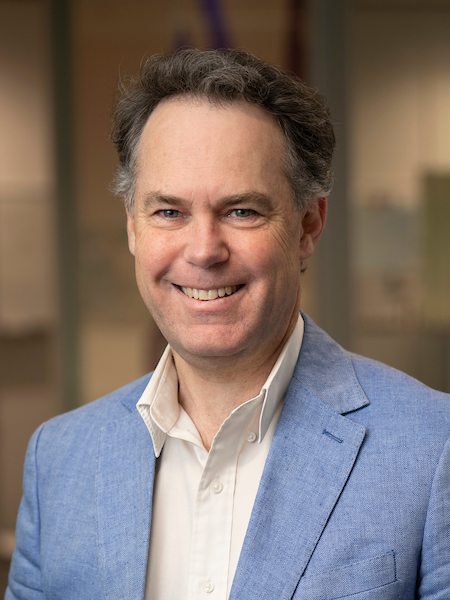
Craig Laughton
Craig is an experienced senior executive with extensive experience working within member organisations. Craig also has significant legal expertise, serving as General Counsel in various large organisations over the past 20 years. Prior to commencing with AHEIA, Craig’s most recent role was working within the higher education sector as Director of New Ventures at the University of Melbourne. His qualifications include a Bachelor of Laws (Hons) from Monash University and a Commerce degree from the University of Melbourne.
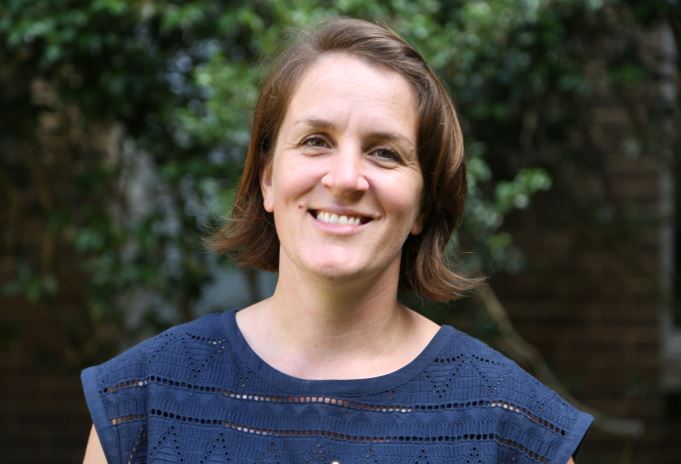
Dr Sally Baker
Sally Baker is an Associate Professor of Migration and Education at the Australian National University. Sally’s teaching and research interests centre on equity in higher education, particularly the educational access, pathways, and experiences of students with forced migration backgrounds. Sally is the founder of the Refugee Education Special Interest Group for/with students from refugee backgrounds (http://www.refugee-education.org/)

Prof Michael Wesley
Professor Michael Wesley is the Deputy Vice-Chancellor (Global, Culture & Engagement) at the University of Melbourne. Also, Professor of Politics at the University of Melbourne. His research and writing focuses on Australian foreign policy and the International Affairs of Asia and the Pacific.
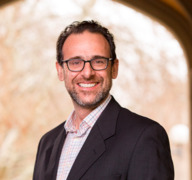
Prof Gregor Kennedy
Professor Kennedy has led a number of research and development groups, Units and Centres, in the areas of higher education, educational technology, and the learning sciences. He is currently a Professor of Higher Education in the Centre for the Study of Higher Education (CSHE) and was Director of the CSHE for a number of years.
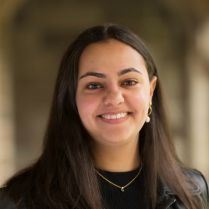
Marina Gabra
Marina Gabra is a current student at the University of Melbourne in her third year of a Bachelor of Arts (majoring in Politics, International Studies and Sociology). Marina has recently been a Peer Mentor for the University of Melbourne.

Douglas Proctor
Dr Douglas Proctor has over 20 years’ experience in international education across both the higher and vocational education sectors. Having worked at universities in France, New Caledonia, Australia and Ireland, Douglas has a clear understanding of the international challenges facing global institutions. Douglas took up the role of Pro Vice-Chancellor (Global Engagement) at Swinburne University of Technology in August 2021
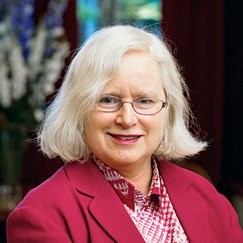
Prof Pip Pattison
Pip Pattison is a quantitative psychologist who studied and worked for the first part of her career at the University of Melbourne. In 2014, Pip took up the role of Deputy Vice-Chancellor Education at the University of Sydney where she led the University’s educational strategy, with a major focus on transformation of the undergraduate curriculum, the student experience and new approaches to postgraduate education and microcredentials. Pip is currently serving as DVC Education, Employability and Experience (Interim) at Swinburne University of Technology.

Lizzie O'Shae
Lizzie is the founder and the chair of Digital Rights Watch, which advocates for human rights online. She is on the board of Blueprint for Free Speech and the Alliance for Gambling Reform. Lizzie is a human rights lawyer with many years of experience working in public interest litigation. She is also the author of "Future Histories" which looks at radical social movements and theorists from history and applies them to debates we have about digital technology today.

Hon. Phil Honeywood
Phil has been IEAA's Chief Executive Officer since November 2011. Previously, he was a Member of the Victorian State Parliament (1988–2006), Minister for Tertiary Education, Training and Multicultural Affairs (1996–1999) and Deputy Leader of the Opposition (2002–2006). Since retiring from politics, Phil worked at Stott’s Business College and Cambridge International College.

Kate Bower
Dr Kate Bower is a Fellow at the UTS Human Technology Institute, where her work focuses on AI regulation and facial recognition technology. She is on sabbatical from her role as Consumer Data Advocate at CHOICE, Australia’s largest consumer organisation, in which she leads advocacy on data misuse, privacy reform and AI regulation. Kate is a former academic with a PhD from UTS and BA with Honours from UNSW. She is a member of the National AI Centre’s Responsible AI at Scale Think Tank and Standards Australia AI Standards Committee.

Prof Pip Nicholson
Working across the breadth of the University, the DVC (P&C) provides focused leadership and direction for the ‘Community’ pillar of Advancing Melbourne. The DVC (P&C) focuses on the connections between the student experience and staff experience across the University, and integrates the University’s people and academic strategies.
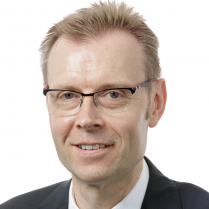
Prof Andrew Norton
Professor in the Practice of Higher Education Policy at the Centre for Social Research and Methods at the Australian National University. He is also an honorary fellow at the Melbourne CSHE.

Prof Chi Baik
Professor in Higher Education and Deputy Director of the Melbourne Centre for the Study of Higher Education. Professor Baik's research explores factors influencing the educational experiences and outcomes of students from diverse backgrounds in higher education.

Prof Sophie Arkoudis
Sophie Arkoudis is Professor in Higher Education and Director of the Melbourne Centre for the Study of Higher Education. Professor Arkoudis is a national and international researcher in higher education.
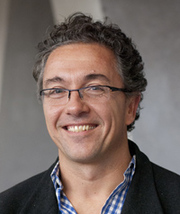
Prof Raoul Mulder
Professor Raoul Mulder holds dual appointments as Professor of Evolutionary Ecology in the School of BioSciences (Faculty of Science) and Professor of Higher Education (Centre for the Study of Higher Education, Melbourne Graduate School of Education). He has published extensively on the evolution of mating systems, social behaviour and communication in a wide range of birds, both in Australia and other parts of the world, and on evidence-based approaches to university teaching.
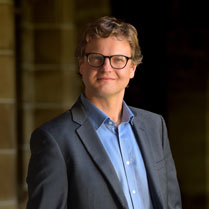
A/Prof Gwilym Croucher
Associate Professor Gwilym Croucher is a Professor in Higher Education Policy and Management at the Melbourne Centre for the Study of Higher Education.
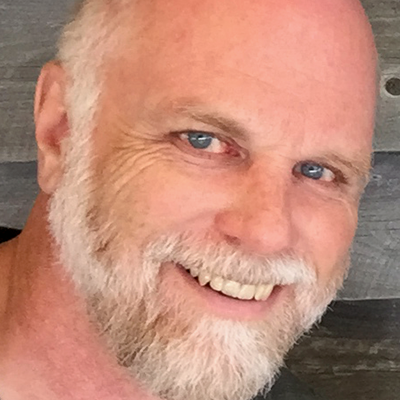
A/Prof Thomas Cochrane
Associate Professor Thomas Cochrane is a Professor in Technology Enhanced Learning in Higher Education, at the Melbourne Centre for the Study of Higher Education. Professor Cochrane has expertise in qualitative research in technology-enhanced learning, with a focus upon action research, and design based research methodologies.